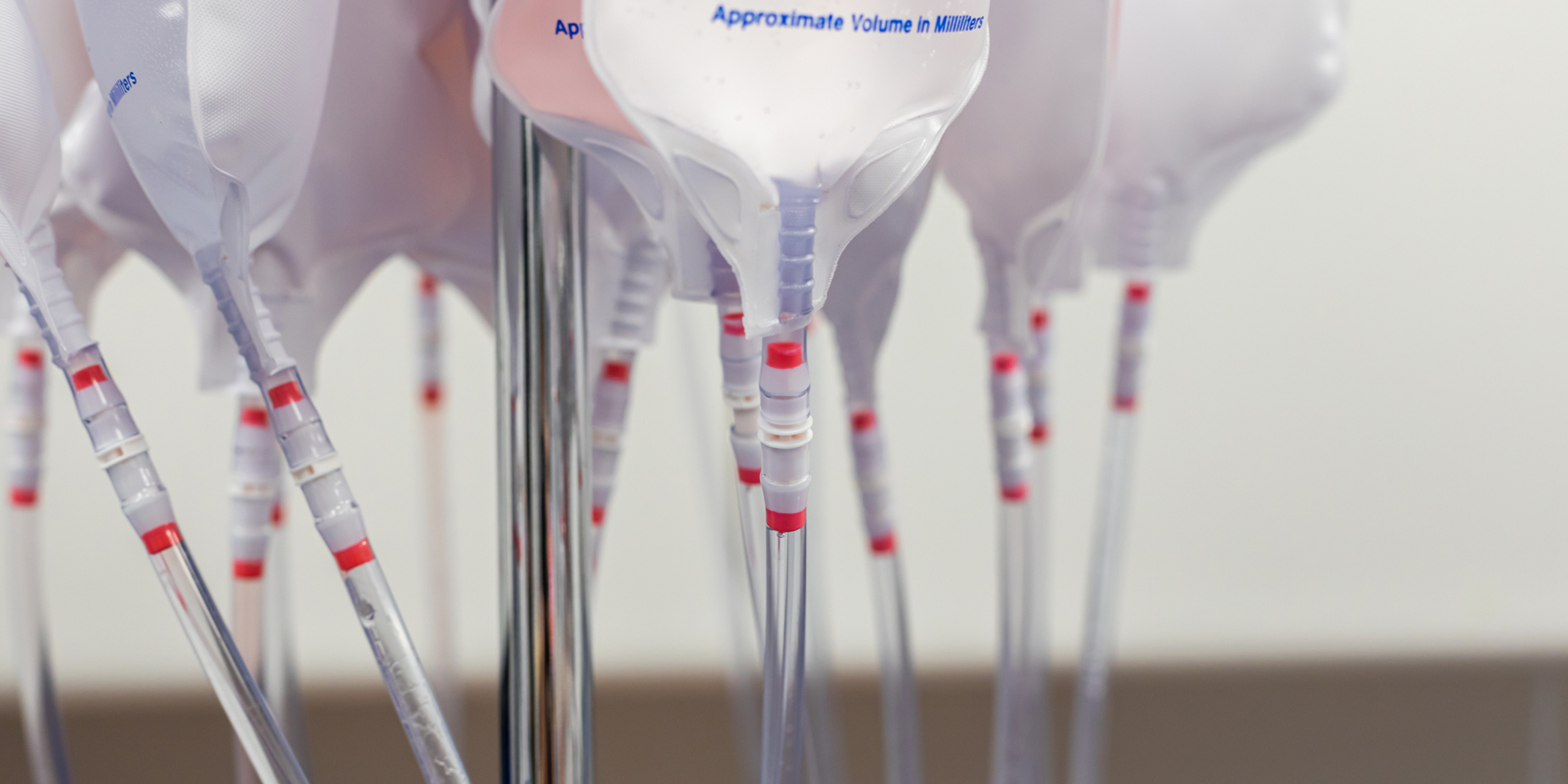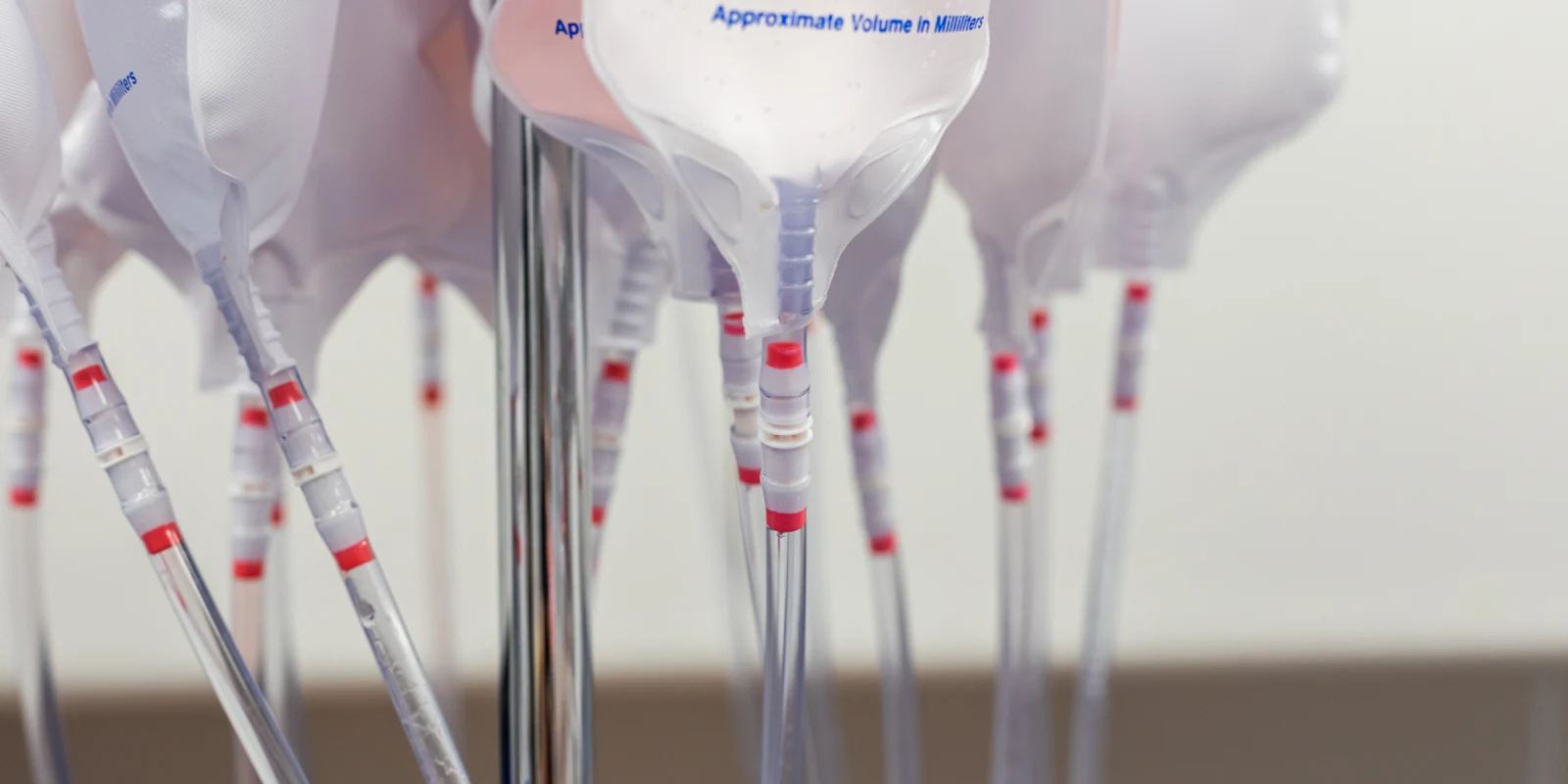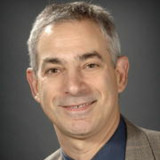
COVID-19 has struck us like a bomb. Health care workers of the world, exemplified by those of us in the New York City area, are struggling on the front lines to make a small difference in a cataclysmic event.
Before my eyes, over just a few weeks, hospitals have been challenged and changed in ways I never anticipated. My surgical team, like so many others, has been “repurposed” for the front lines. Our days and nights are different, but our basic mission remains the same: save lives when we can and provide comfort when we cannot.
As a chest surgeon for three decades, I have started nearly every morning the same way: in a “same day unit” (or, SDA), wearing a suit and tie, offering a good morning smile to the first “case” (operation) of the day. I try to calm their fears, answer their questions, and tell them in an upbeat fashion that the outlook for their surgery is good.
Those days are gone, all “elective” surgeries postponed indefinitely. (Yes, “elective” meaning lung cancer, heart valve replacement, and esophageal reconstruction. The risk is too great.)
Our unit of doctors, PAs, NPs, and more has been repurposed. We are now an ICU — a 100% COVID-19 ICU, one of a dozen throughout the hospital. And, we are unlike any ICU I’ve ever seen. Separate rooms do not exist, just bed after bed jammed full of patients on ventilators, dozens of IV poles and dialysis machines shoved into corners. We are faceless, covered from ear to foot. Caps, masks (most people wear two), gowns, face shields, and goggles make the staff unrecognizable.
The gear, too, has been repurposed. Every patient has half a dozen lines attached to their weak and immobile bodies, IV pumps, sedatives, and blood pressure medications pumping through their veins. There are frequent labs that need to be drawn and tube feedings are administered manually as we have run out of pumps. The patients’ lungs need to be suctioned, their entire bodies need to be cleaned and turned regularly. A nurse’s work here is endless and thankless.
The majority of the patients in my ICU have deteriorated to the point of needing ventilators, which means their mortality rate has risen to 80–90%. This COVID unit does not portend a favorable outcome, but our repurposed team carries on. Our successes drive us, but they are few.
Loudspeakers blast every hour overhead, calling for “code blue,” “rapid response team,” and “anesthesia stat,” adding to the serenade of stress. One of our patients perishes, and they are wheeled away by a repurposed environmental team, placed in a repurposed refrigeration van. A spot opens up in our unit, but there is no break for the repurposed staff, it is an open bed for another critical COVID patient to occupy.
My repurposing is as an ICU doctor. It’s something I’ve done as part of my role as a chest surgeon throughout my career, but taking care of my past patients did not prepare me for this reality. As we make rounds on 24 critically ill patients, sweating and claustrophobic in head-to-toe covering, we try not to adjust our masks or glasses because touching our faces could put us in the very position of the patients we are treating.
A “typical” day begins with the team seeing the first few patients and evaluating their needs as best as we can. We might break from rounds when a nurse comes running; a patient is in distress. We rectify the acute problems of a 50-year-old who has been laying belly-down for 24 hours on a ventilator — but it’s a last-ditch effort. She’s just not getting enough oxygen. After some nifty ventilator juggling, we attempt to go back to rounds but are interrupted again as another nurse with a new critical issue steps into the fray. A life-threatening blood test needs evaluation in bed nine, a patient has blood coming from their breathing tube in bed four, the blood pressure is falling in bed six, bed 18 is having a seizure. We finally finish morning rounds.
I’m not just trying to be a physician; I’m just trying to help human beings in a time of inconceivable anguish. One of our nurses, she too covered in protective garb, comes into the ICU with a repurposed e-tablet covered in a giant sandwich bag. We go from bed to bed, contacting family members, giving them progress reports, allowing them quick glimpses of their loved ones. With quarantining and no visitation, some of those moments are possibly patients’ final moments with a family member. I flip the screen around to introduce families to members of the nursing staff who are working tirelessly. Universally, they are profoundly grateful, and almost all tell us that they pray for us.
Finally, I ask the family a question: Can you please tell me something unique about the patient, a special interest to reveal some insight into their life? Excitedly, they answer. My Dad loves soccer, he’s a huge Real Madrid fan; my mom is a gardener she grows amazing tulips; my sister loves Indian music, please play some for her if you have the time. It suddenly becomes more personal and a bit more human. It’s no longer bed 16 that is crashing; bed 16 is a 65-year-old guitar player and a grandfather of nine. In some ways, it’s harder to know these little vignettes when patients ultimately pass away, and most do. It’s more difficult to compartmentalize. More real.
I’ve been repurposed as an ICU physician, one small cog in a giant medical wheel. Selfishly, I cannot wait to get back to my normal duties as a surgeon. In the meantime, I have accepted a new purpose in this battle, and like all my co-workers, I will fight on. It’s why we are here, repurposed or not.
Dr. Lawrence Glassman is Vice Chairman of the Department of Cardio-Thoracic Surgery at Northwell Health. He is also an associate professor at the Donald and Barbara Zucker School of Medicine at Hofstra/Northwell.
Click here to see more perspectives on COVID-19 from the Doximity network.
Click here for up-to-date news about COVID-19 on Doximity.







